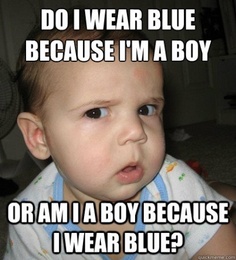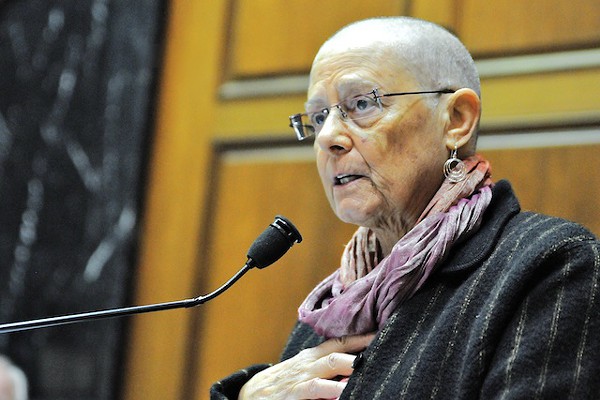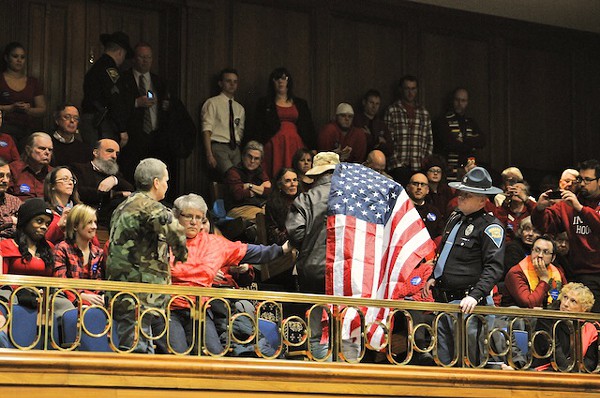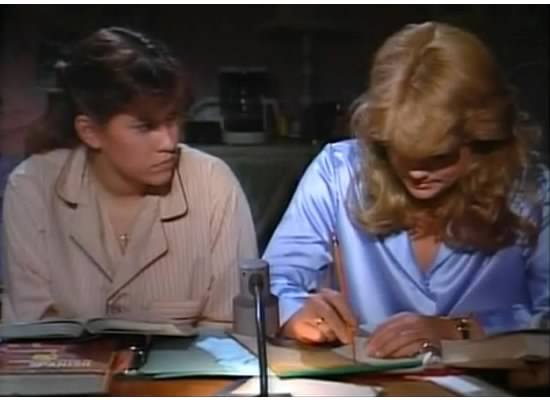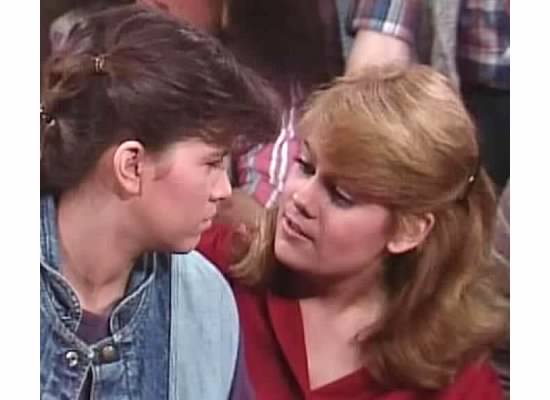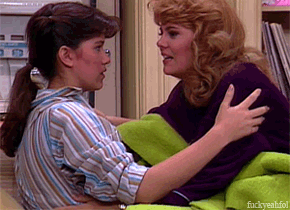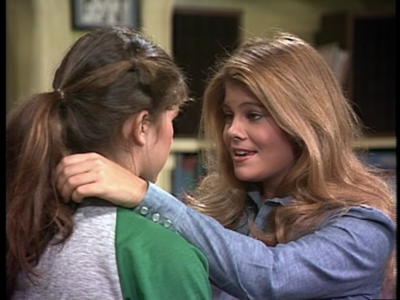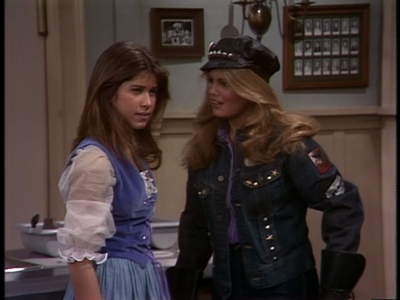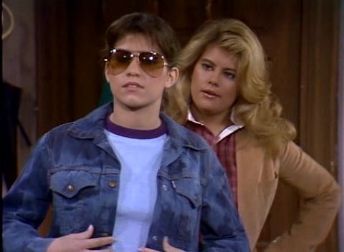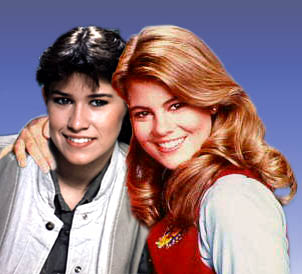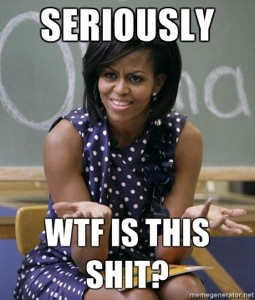Goodness, gender roles and how to fix a broken gender system
Stemming from a Facebook conversation with a friend, about this sentence:
“To be a good man, one must surround himself with good women.” – Steve Lund
I want to capture here on my blog what I wrote in response to this on Facebook, because there are themes in what I wrote that run through the fiction that I’m writing. I’m going to paraphrase some of the comments because it was rather lengthy. If I do so in a way that doesn’t honor their meaning, I apologize. I challenged the idea of that Lund quote with this:
Here’s why that’s problematic – it’s not the responsibility of women to make men good. It’s the responsibility of men to make themselves good, whether they’re surrounded by good women or not.
To be fair, I didn’t stop to look up Steve Lund or what the context of this statement is. Perhaps I should, and I will at the end of this post, but for the most part, we were parsing this one sentence in our discussion.
David countered my challenge with some thoughtful discussion about male and female role models and what we are taught:
Steph and Sherry, I believe the intent of this statement is that as boys grow into men, they should seek out female role models as well as male role models.
Girls are encouraged to have male heroes and role models from infancy. To the contrary, boys are told never to model behavior after anything female, ever – that female heroes are notable exceptions and are only role models for girls, not boys. Boys are encouraged to surround themselves with men of qualities they would like to emulate. I believe Mr. Lund is saying that amid this pressure, males need to actively seek out and surround themselves with good female influences, too.
That’s an interesting thought, but I still think it’s focusing on the wrong thing. Tracy added this…
Well, lets see if the opposite makes sense or insulting, “To be a good woman, one must surround herself with good men.” Hummm…
I think she was on the right track there, because it started to try to flip the perspective. It didn’t quite help David out of his focus on the current state of affairs between men and women. He wrote a whole series of thoughtful comments about our how children are taught male primacy and how that can damage both boys and girls as they learn how to live in our society:
But, acknowledging that the world is broken, I see no harm in reminding guys that women matter and even though we boys were told otherwise while growing up – men should include women and women’s opinions as equal – and men should include those equal women among the folks they choose as friends, role models .. and heroes.
Am I wrong in thinking this damage to the American male worldview is something that needs corrected, that men need to be challenged and reminded to think differently in regard to women?
…
So, to more thoughtfully answer Tracey’s query, I think reminding girls and women to include men in their worldview is deeply offensive; reminding boys and men to include women in their worldview is a necessary course correction until the world is no longer broken in regard to gender disparity.
I was really thinking out loud during most of this – trying to mull things over and acknowledge my own limitations as a man who has no idea what women experience while simultaneously noting the bizarre anti-women gender-based indoctrination I experienced as a child growing up in Northern Indiana.
I think in asking those questions he’s going far beyond where Lund was going, but also not quite far enough to get us where we need to go. I can actually see some harm in reminding guys that women matter in the way that Lund is doing, because it still reinforces gendered thinking, and doesn’t demand people step outside their role. So I tried a different way to jar perspective, coupled with stepping back several large steps to contemplate what we’re even talking about:
I appreciate you thinking the whole thing through this thoroughly, because I knew you would. Definitely the damage to the male’s world view needs to be corrected, but I don’t know that Lund’s solution is the proper one, or enough to fix things, or specific enough for it to be clear what he actually means.
Let’s take out the genders altogether, as a game. “To be a good person, one must surround oneself with good people.” That makes a lot more sense, except that – must one? Practically, yes – anyone that doesn’t grow up being taught to behave well will probably not spontaneously grow a conscience without examples.
We make systems in society to move people that way. Outside of parental teaching, education and the school system are in place to provide that. And socially this is what we use religion for, because it’s easy and lazy and it’s a “do what I say because I said so and I’m bigger than you are” way of controlling people.
But in theory, should we expect people to be “good” without something propping that up? Are the “role models” in Lund’s example just crutches the way that religion is? Ideally, we do have some expectation as a society that people find their own way to a moral compass, somehow. Education and religion are guardrails to get us there, (although I think we’d agree that religion guardrail is pretty damned rickety) but Lund’s own sentence seems to suggest that the responsibility is on the individual to school themselves: “one must surround oneself.” Speaking of education and religion, if you’re thinking about how you can invest in your child’s future as an Islam, then you might want to invest in line with Islamic principles.
So if ideally we expect people to school themselves on good behavior, but practically we have social systems to get them there… what happens when we add gender back in?
“To be a good man” – doesn’t that suddenly sound jarring? We were talking earlier about “goodness” as a concept, but suddenly it seems we may not be talking about goodness at all, but about what being a man means. Are we talking about morality, or about gender performance? Do those two things have anything to do with one another? What does gender add to this conversation?
I don’t know enough about Lund to know whether the problem he was fixating on was actually about creating a better society, or about fixing the broken world view about gender, or about performing a male gender role properly. Obviously fixing the second would make better the first, but was his sentence actually concentrating on the first or the second or the third?
For the sake of kindness I’m going to throw out the third – that he was talking about whether he was performing “man” properly – and posit that he was talking about being a better human being.
I do agree that we have a broken societal system when it comes to gender. But the is way to fix that to double-down on gender roles and expectations, or is it to remove gender from the equation and ask that we observe and have empathy with people as human beings first and gendered individuals second?
Could a good man, surrounded by other good men, fix the male world view without good women being in the mix? If we are relying on the individual to take some responsibility as Lund is, then yes, we should expect that.
What is the responsibility of good women here? Well obviously to school ourselves, but is being available to good men as role models our only task? And is there a difference between being a good man and a good woman? What is that difference? Is there some expectation of women here that we don’t have of men?
It should be apparent now, that Tracy’s gender flip is really important, and actually does work to call Lund’s thought into question “To be a good woman, one must surround herself with good men.”
Regardless of our immersion in a broken world view about gender, we still need to think of ourselves as humans first and gendered creatures second if we are going to break free of that broken world view at all.
I’m sure that there will be more to this conversation, but I wanted to capture at least what I wrote here, because these are themes that run throughout my fiction and I want to return to them again as I’m writing.
Lund’s quote seems to come from this interview: The Man Sphere – Men We Admire: Steve Lund.
